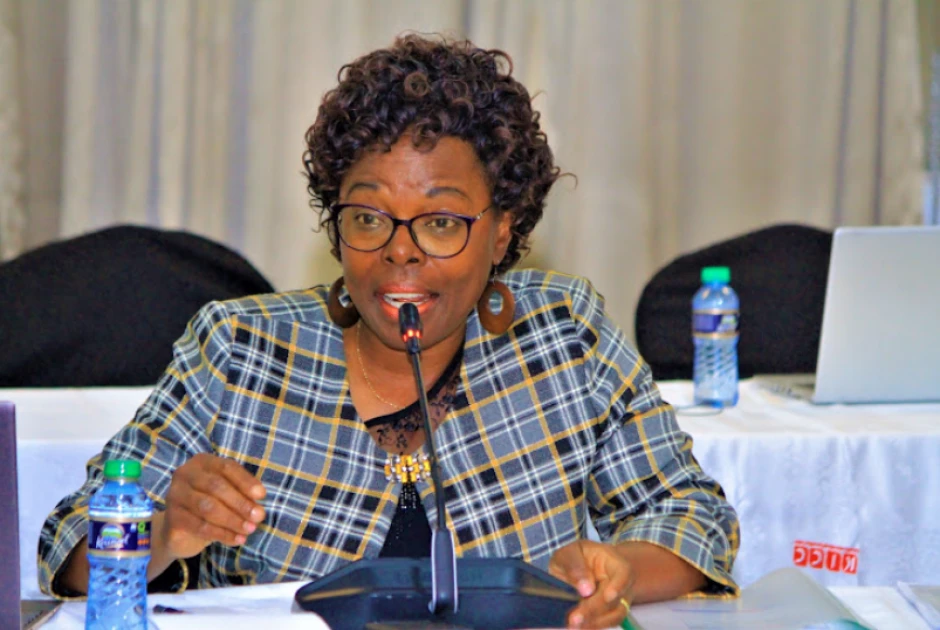CoB warns rising pending bills could slow Kenya’s economic recovery

Controller of Budget, Margaret Nyakang’o warned that delayed payments by State Corporations and government agencies are squeezing small and medium businesses that depend on timely government contracts.
Kenya’s growing pile of pending bills, now at Sh524.84 billion, is straining the economy and raising concerns over government financial management, the Controller of Budget, Margaret Nyakang’o, has said.
She warned that delayed payments by State Corporations and government agencies are squeezing small and medium businesses that depend on timely government contracts.
Speaking to the Budget and Appropriations Committee during the Budget Implementation Review for the 2024/2025 financial year, Nyakang’o noted that arrears have edged up from Sh516.27 billion the previous year.
State Corporations owe Sh404.33 billion, or 77 percent of the total, largely in contractor payments, supplier arrears, statutory deductions, and pensions, while MDAs are responsible for Sh120.51 billion, mostly historical bills under recurrent and development budgets.
The CoB highlighted the broader effects of the unpaid bills, saying that “liquidity challenges, potential business closures, job losses, and increased government expenditure in the form of penalties, interest charges, and eroding trust from the private sector” are all consequences of delayed payments.
She called for urgent action by the Treasury to verify and settle eligible bills, stressing that this would ease pressure on the private sector and strengthen confidence in government systems.
Nyakang’o also flagged weaknesses in budget planning, urging authorities to adopt better expenditure management practices.
She noted that overreliance on Article 223 of the Constitution, which allows the Treasury to authorise withdrawals for ongoing programmes without prior approval, has contributed to the problem.
“In the FY 2024/25, a total of Sh83.96 billion in withdrawals were authorised by the CS National Treasury under Article 223, of which the Controller of Budget authorised Sh66.54 billion,” she said, adding that this practice violates Paragraph 40(4) of the Public Finance Management Regulations, 2015.
The committee also heard from Central Bank Governor Kamau Thugge, who explained the new Risk-Based Credit Pricing Model that came into effect on September 1, 2025.
“With this model, all banks shall have a common reference rate that will make borrowing more transparent and make lending rates more responsive to monetary policy decisions,” Thugge said.
Looking forward, Thugge projected that the economy will maintain its recovery, with real GDP growth expected at 5.2 percent in 2025 and 5.4 percent in 2026.
He attributed this to steady performance in services, a rebound in agriculture, and improvement in industrial output, but noted that unchecked pending bills could slow down overall economic progress.
